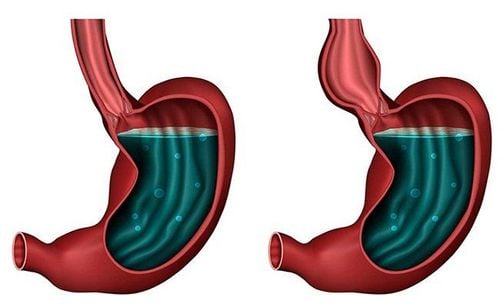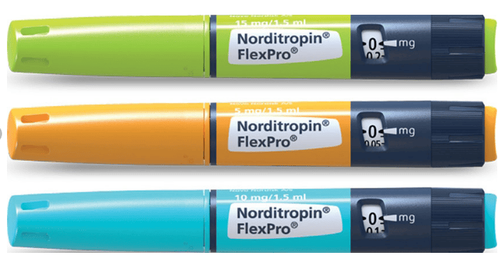This is an automatically translated article.
Posted by Master, Doctor Mai Vien Phuong - Department of Examination & Internal Medicine - Vinmec Central Park International General HospitalSuccessful treatment of patients with short bowel syndrome (short bowel syndrome) depends on the adaptation of the remaining intestine, requiring a combination of pharmacological and nutritional therapy. Although the short bowel syndrome diet is quite similar for people with and without colon segments, some key differences should be noted. This article focuses on dietary interventions that enhance adaptation, increase absorption and, as a result, reduce stool volume.
1.Overview of a reasonable diet in short bowel syndrome
Without aggressive use of pharmacological agents, diet alone is generally not effective in limiting severe diarrhea in patients with short bowel syndrome. However, dietary therapy is an important component of care in these patients. The foundation of dietary therapy is to modify food intake to facilitate maximum nutrient and fluid use by reducing stool volume. Stool output in short bowel syndrome is driven by fluid loads that exceed the absorptive capacity of the shortened intestine; but other factors also contribute.
For example, in addition to loss of absorptive surface area, feedback mechanisms controlling acid and bicarbonate transport and secretion are often impaired. A clear understanding of these factors is essential for selecting the best therapeutic interventions.
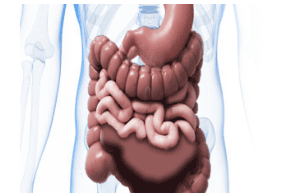
2.The most important thing is to restore as much intestinal function as possible
In a recent study evaluating typical micronutrient and macronutrient intakes from the diet in patients with short bowel syndrome prior to entering a bowel rehabilitation program, the patients were make food and beverage choices that may worsen their diarrhea and increase their requirement for parenteral nutrition (intravenous nutrition). Furthermore, each subject had previously received very little dietary guidance from their healthcare providers.
The role of the healthcare professional as a clinician in the care of patients with short bowel syndrome is to restore as much intestinal function as possible. This is achieved by optimal medication use and by altering the diet and fluid selection to a level that is tolerable by the patient. Tailoring the diet to an individual's remaining bowel anatomy and providing the patient with a basic understanding of why dietary and fluid modifications are important for optimal successful results.
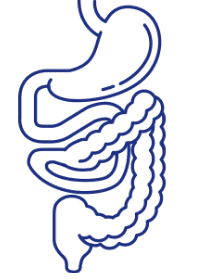
3.Initial nutritional assessment
The initial evaluation of all patients with short bowel syndrome should include a comprehensive nutritional assessment. Information obtained should include a history of weight change, use of medications (including complementary and over-the-counter medications), the presence of other symptoms that may affect fluid intake or loss, potential signs/symptoms of micronutrient deficiency and physical assessment for signs of dehydration and malnutrition. Additional information that should be collected at baseline includes relevant past medical, psychiatric and surgical history, including comorbidities and the presence of bowel complications such as anastomosis. ; chronic congestion ; percutaneous fistula; and peritoneal drainage.
A history of nutritional support should also be obtained, including information regarding enteral and/or central venous access devices, formulation used, route of administration and method of administration, and variables previously known evidence. Finally, given the high levels of motivation required to adhere to prescribed diets, fluids, and medical treatments, it is helpful to inquire about education, motivation, system their support and potential economic or other barriers.
4.Diet - Lessons learned
Initial evidence for a beneficial effect of dietary therapy in patients with short bowel syndrome is based on a limited number of studies including a small number of patients with different bowel anatomy.
These studies often demonstrate a decrease in stool volume and an increase in absorption depending on the remaining bowel anatomy and the type and amount of carbohydrates and fats used. Specifically, patients with short bowel syndrome with a remaining segment of the colon appear to derive the greatest benefit in terms of nutrient absorption and reduced stool loss from a diet high in complex carbohydrates, low in moderate fat, and low in fat. right.
In an inpatient setting, Byrne et al followed nearly 400 patients over a 10-year period following intensive counseling and close follow-up for 2-4 weeks and further demonstrated the importance of the regimen. eating short bowel syndrome on improving stool volume and both nutritional and hydration status. They concluded that colonic patients benefited from a different diet than those without colons.

5.The role of enteral nutrition
Enteral nutrients enhance intestinal adaptation after resection by increasing prolonged blood flow, stimulating pancreatic secretion, enteric neuronal activity, and intestinal motility. They also modulate selective nutrient transporters and digestive enzymes, and stimulate local production and release of intestinal-specific growth factors. Importantly, nutrient complexity (i.e. whole foods) is associated with greater intestinal adaptation, presumably due to greater digestive activity, the effect of which is ultimately may reduce the need for parenteral nutritional support (intravenous nutrition) in short bowel syndrome.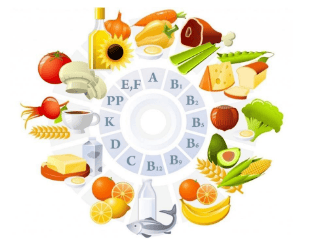
Conclusion
Nutrition therapy is central to the successful management of patients with short bowel syndrome. Continuing and important education to the extent that the patient/carer can be understood from the outset is essential and sufficient time must be devoted to this purpose. As the gut adapts and improves absorption, it is possible that dietary interventions could be released. Lifelong follow-up is necessary in all patients with short bowel syndrome, and management goals often change over time.
Currently, Vinmec International General Hospital is a prestigious address trusted by many patients in performing diagnostic techniques for digestive diseases, short bowel syndrome, chronic diarrhea, Crohn's disease , gastric mucosa is displaced in the esophagus...
Vinmec Hospital with modern facilities and equipment and a team of experienced experts, always dedicated to medical examination and treatment, customers can You can rest assured with gastroscopy and esophagoscopy service at Vinmec International General Hospital.
Please dial HOTLINE for more information or register for an appointment HERE. Download MyVinmec app to make appointments faster and to manage your bookings easily.








